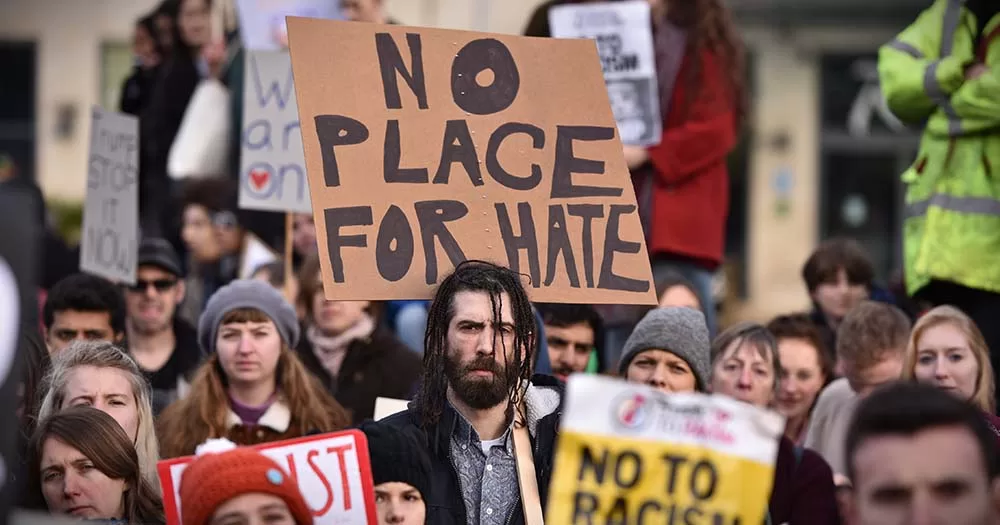Following the defeat of the Family and Care referendums, some Fianna Fáil TDs claim they want to abandon Ireland’s hate crime and hate speech bill.
The referendum results have sparked widespread criticism of the government. Reflecting on the results, Taoiseach Leo Varadkar admitted: “It was our responsibility to convince a majority of people to vote Yes. We’ve clearly failed to do so.”
While some government officials are taking responsibility for the defeat and advocating for better communication with the public, others are calling for the abandonment of the Incitement to Violence or Hatred and Hate Offences Bill 2022.
Limerick City TD Willie O’Dea said, “Fianna Fáil needs to get back to basics and to abandon the hate speech bill.” O’Dea continued saying that the party should focus on housing, health and law and order, adding: “Stop playing to the woke gallery. Start listening to the people and stop talking down to them.” He also called out supposedly “out-of-touch Greens and NGOs”.
James O’Connor, the party’s youngest deputy, retweeted this position, writing: “I couldn’t agree more.”
These comments came after some Fianna Fáil politicians revealed that they voted No in the referendums despite the Government’s official Yes Yes position. Lisa Chambers, Fianna Fáil leader in the Seanad, also stated that she fully agreed with O’Dea and had voted No No in the referendums. She also called for a revisiting of the hate speech legislation. Such comments come after she was photographed campaigning for a Yes Yes vote.
These TDs’ remarks are being widely criticised by LGBTQ+ activists who continue to highlight the need for hate crime legislation in Ireland. Despite the increase in violence against LGBTQ+ people over the past two years, Ireland remains one of the few European countries that does not have a hate crime law.
View this post on Instagram
The Incitement to Violence or Hatred and Hate Offences Bill 2022 was designed to protect minority groups in Ireland, with the list of protected characteristics including race, colour, nationality, religion, national or ethnic origin, descent, gender (also entailing gender identity), sex characteristics, sexual orientation, and disability.
According to Minister for Children, Equality, Disability, Integration and Youth Roderic O’Gorman, the bill represents “a statement that Ireland as a country will not tolerate hate crimes or hate speech” at a time when the LGBTQ+ community is “at the receiving end of an unacceptably high level of abuse and violence”.
The bill overwhelmingly passed both stages in the Dáil in April 2023. However, during the Seanad debate in June 2023, some senators expressed concerns about the “vagueness” of the bill.
Independent Senator Michael McDowell said hate crime legislation will have a “chilling effect” on free speech despite the fact that nearly every other EU state has similar laws prohibiting incitement to hatred and violence.
If the bill becomes a law, it will introduce “aggravated” versions of existing criminal offences in cases where offences were motivated by hate against a victim’s “protected characteristics”. It will also further expand the existing hate speech legislation, making communication or behaviour that is likely to incite hatred a criminal offence, with a penalty of up to five years in prison.
© 2024 GCN (Gay Community News). All rights reserved.
Support GCN
GCN is a free, vital resource for Ireland’s LGBTQ+ community since 1988.
GCN is a trading name of National LGBT Federation CLG, a registered charity - Charity Number: 20034580.
GCN relies on the generous support of the community and allies to sustain the crucial work that we do. Producing GCN is costly, and, in an industry which has been hugely impacted by rising costs, we need your support to help sustain and grow this vital resource.
Supporting GCN for as little as €1.99 per month will help us continue our work as Ireland’s free, independent LGBTQ+ media.
